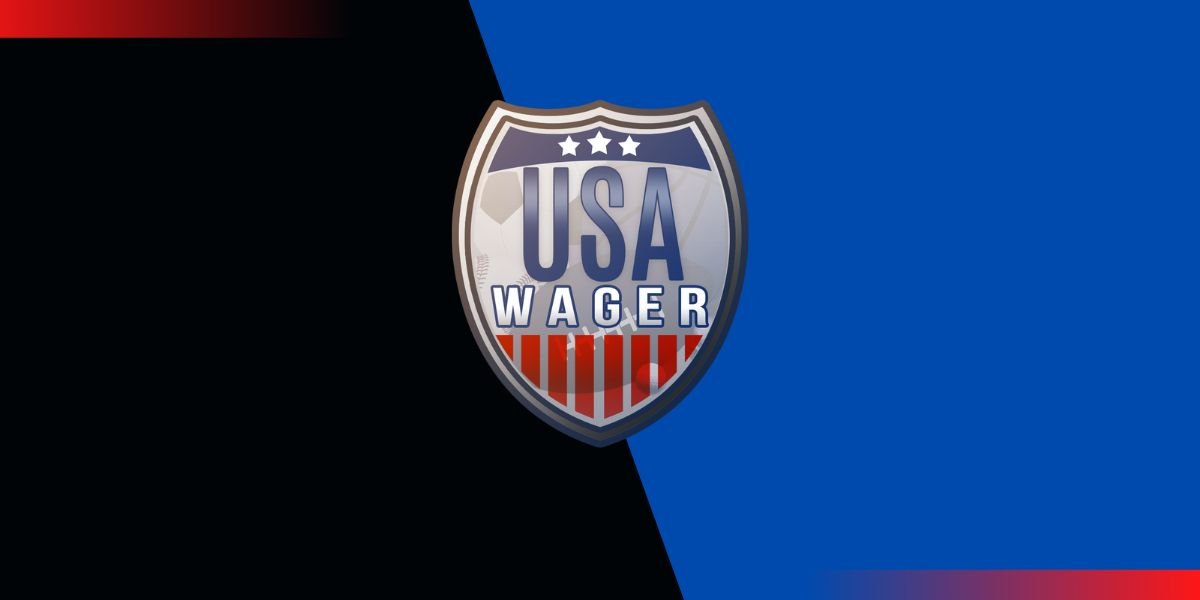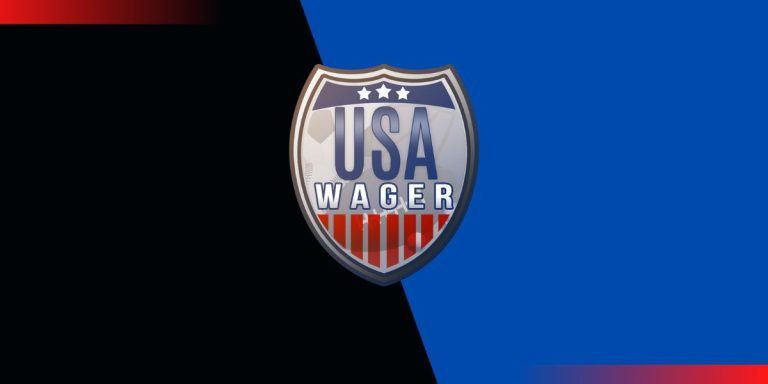Chicago’s Green Light to Allow Sports Betting at City Stadiums
After multiple clashes and heated debates, Chicago has officially ratified the passing of an ordinance that will permit sports betting dynamics to be carried out at five stadiums in the city.
The news arrived just weeks after the proposal gained significant attention from city councils with the intent of pushing for more tremendous values to be upheld by city laws and which surpass sports betting interests.
To opposers, much is to be said about the implicit interest of including sports betting under the clause, which initially intended to push for the development of ethnically diverse businesses to be supported by the city to reduce racial and demographic gaps. To opposers of the proposal, these ideas simply don’t match.
Apparent Interests In Chicago’s Rise with Sports Betting
Chicago Bulls and White Sox owner Jerry Reinsdorf spoke on the ratification of the new proposal. Reinsdorf believes the spectrum of new businesses that could hit the city in the next couple of years could help wipe out much of the social problems being addressed by opposing groups.
Chicago White Sox owner Jerry Reinsdorf believes the ordinance will do more good for the city than harm.Reinsdorf sees this new code as a chance for business to grow, unemployment to hit new lows, and the city government to make its cut from sports betting bars to having users place wagers in and around stadium locations. Still, not much was mentioned about the sports franchise owner’s $100 million deal with DraftKings to start a sports betting operation at Wrigley Field in the near future.
Even if the proposal is justified as an intent for the local government to take advantage of a 2% tax on generated revenue, bigger interests seem to lie in the outline of major sports franchise figures.
Ratification Defeats The Ordinance’s Original Purpose
Chicago casino owner Neil Bluhm stepped in the recent debate, claiming that his interests were also at stake. To Bluhm, granting sports betting licenses to multiple businesses at the stadium or within a five-block radius would simply hurt the already strengthened casino industry in the city.
To Reinsdorf, this was the perfect way to drift away from the main topic by getting back at Bluhm and claiming that he was only seeking to protect his casino interests. Whether Reinsdorf is correct and whether he is also considering the ordinance’s original purpose remains a question. However, on several occasions in the past, Bluhm sought conversations with city and sports leaders about legalized sports betting in the city.
To some committee members, such as Southern Chicago Alderman Anthony Beale, the ratification of the ordinance has proven that nothing will change. Beale claims that the law was pushed by more prominent players in the Chicago business landscape as a quick fix for their business interests to grow in the city.
Beale also believes that the ordinance does not address minority and ethnically diverse proposals to the extent of which was initially intended. He went as far as to claim that some committee members, including himself, were discouraging voters from supporting the passing of the ordinance.



